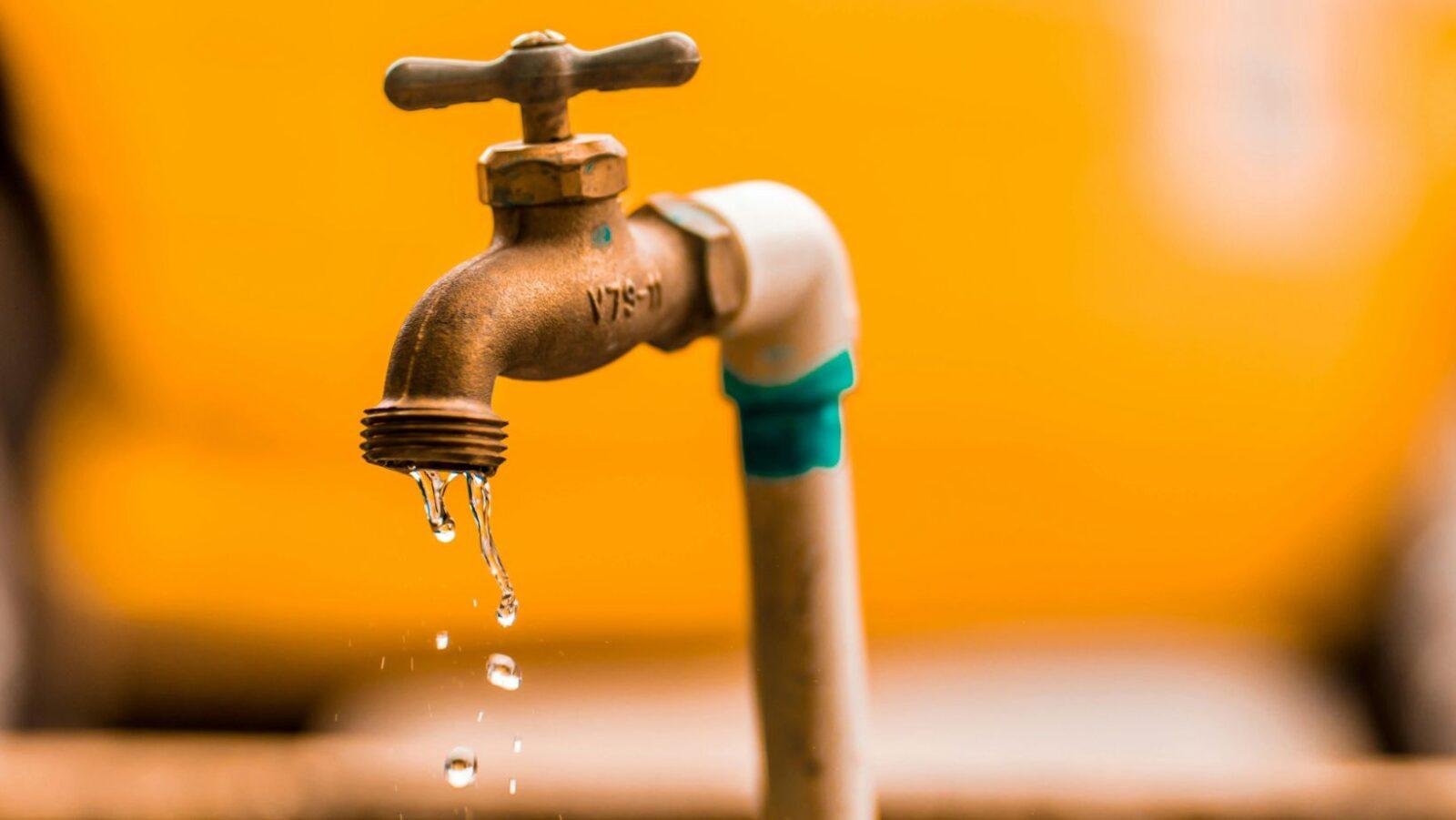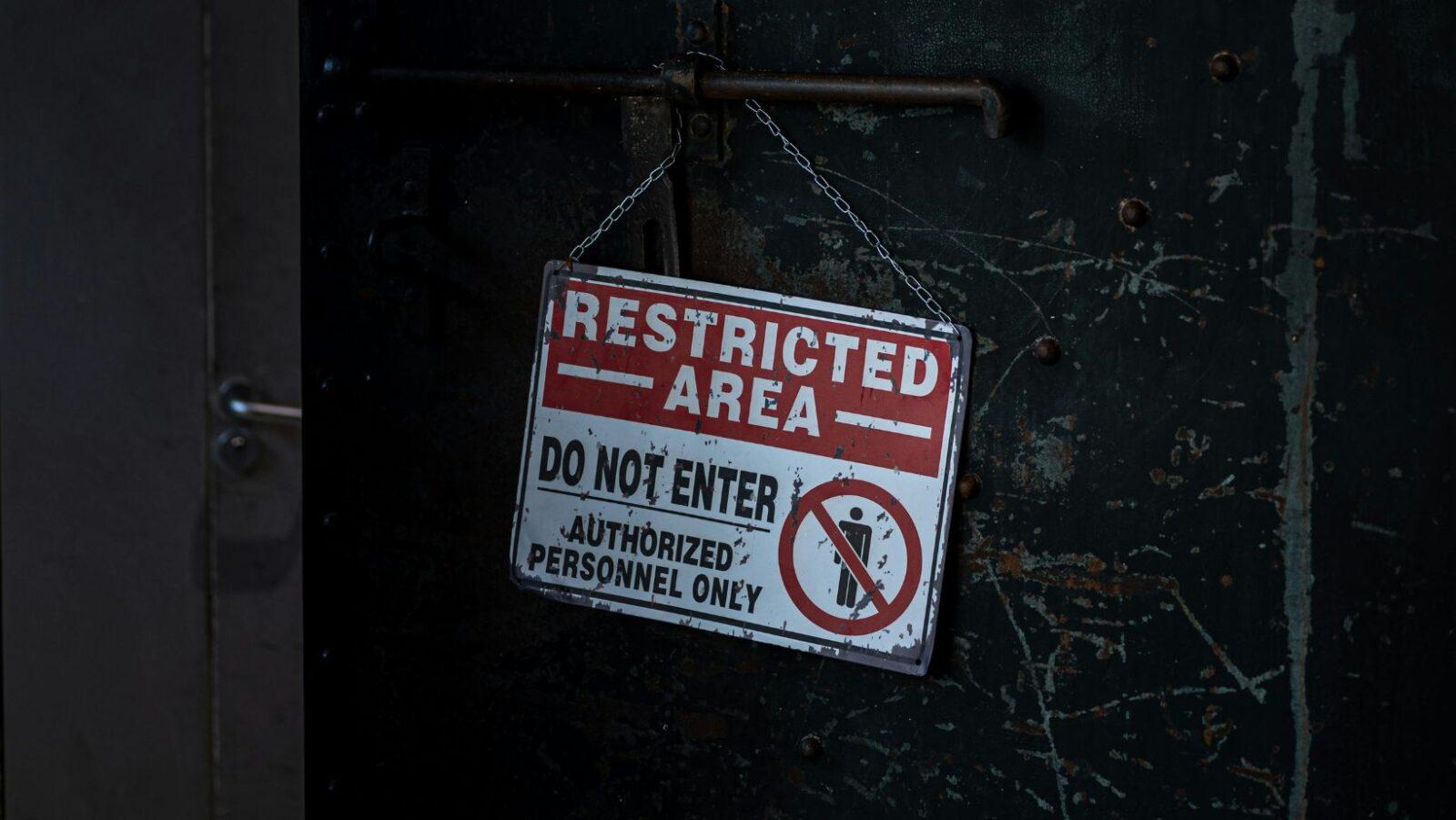With a towel draped over one arm and clean clothes over the other, you enter your bathroom, excited for a warm, soothing bath. An unpleasant realization hits you, though, as soon as you glance at the empty soap dish. Annoyed, you shout at your sibling downstairs, berating them for not telling you that you’re out of soap. Your sibling calmly tells you that there’s still an unopened bar sitting on one of the upper shelves. You manage to find the soap, but there’s another problem. The date on the box says it expired six months ago. And so you begin to wonder: Should you throw this one out and buy new soap, or pop it open and just get your bath over and done with? Is it even still safe to use?
Expiry dates? What’s ‘soap’ with that?
In the Philippines, products such as soap and hand sanitizer fall under the purview of the Food and Drug Administration (FDA). RA 7394, also known as the Consumer Act of the Philippines, requires packaging for these products to bear an expiration date, defined as “the date stated on the label of food, drug, cosmetic, device or hazardous substance after which they are not expected to retain their claimed safety, efficacy and quality or potency and after which it is no longer permissible to sell them.”
Soaps, hand sanitizers, and alcohol have expiration dates because their active ingredients lose their quality and effectiveness as time passes. Substances that are volatile, such as the essential oils in soap, tend to evaporate when exposed to air, even at normal temperatures.
“A bar soap will dry up and will have a different smell due to the evaporation of its essential oils (fragrance) and rancidity of its oil components,” explains analytical chemist Gracile Roxas, a Science Research Specialist II at the National Historical Commission of the Philippines. “An expired hand sanitizer, on the other hand, would have less of its volatile components, including alcohol and fragrances, compared to its original formulation.”
According to Roxas, the volatile components of rubbing alcohol—typically an aquaeous solution of either ethanol or isopropyl alcohol that may include some additives—also lose their potency over time.
Can you still clean them out?
Fortunately, as long as you store soaps, hand sanitizers, and alcohol properly, there’s a big chance they’ll still be safe to use past their expiration dates, albeit with reduced effectiveness.
“Bar soaps, if stored properly, are quite sturdy; an expired one would most likely still work like a normal soap, but might not feel and smell the same,” says Roxas. “An expired hand sanitizer would have less disinfecting power than a new one because it has less alcohol.”
Soap boxes and alcohol containers protect their contents from the elements, as well as from contaminants that can deteriorate them. However, even the sturdiest of packaging won’t last forever, especially if they’re not stored properly.
What to wash, er, watch out for
So, when should you throw out expired soaps and hand sanitizers?
Roxas advises to look out for signs of contamination. Bacteria and moulds may grow on soap bars under humid conditions, while orange spots indicate the presence of rancid oils. However, Roxas says that it’s still safe to use expired soap for cleaning objects and surfaces, provided that the packaging was still intact before you opened it and that the soap doesn’t smell weird.
As for hand sanitizers and alcohol, you’re probably better off replacing your expired ones. Or just wash your hands with soap—it’s far more effective, anyway.
Still remember your 5th-grade science classes? Test your knowledge and see if you still remember these facts and fundamental concepts in human anatomy, biology, botany, and other branches of science. Click here to try the “Are You Smarter Than A Pinoy Fifth-Grader” Challenge.
Cover photo: Mikael Angelo Francisco
References
- https://www.businessinsider.com.au/does-soap-expire-2020-3
- https://www.healthline.com/health/does-hand-sanitizer-expire
- https://www.wipo.int/edocs/lexdocs/laws/en/ph/ph060en.pdf
Author: Mikael Angelo Francisco
Bitten by the science writing bug, Mikael has years of writing and editorial experience under his belt. As the editor-in-chief of FlipScience, Mikael has sworn to help make science more fun and interesting for geeky readers and casual audiences alike.










